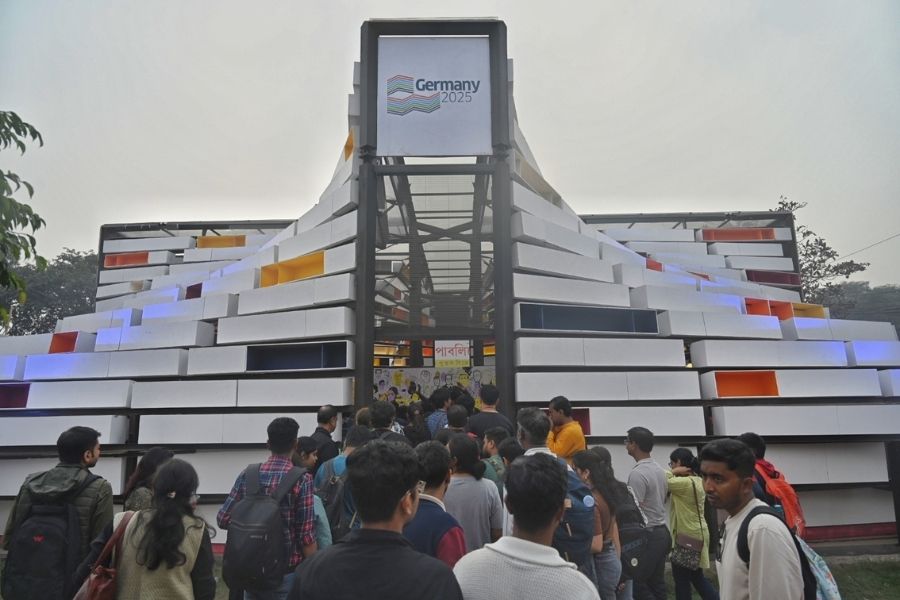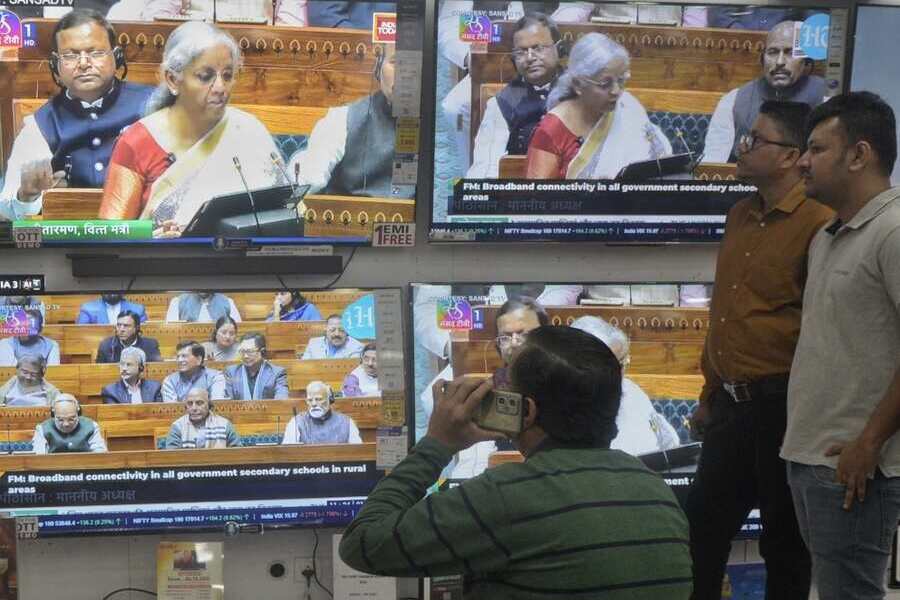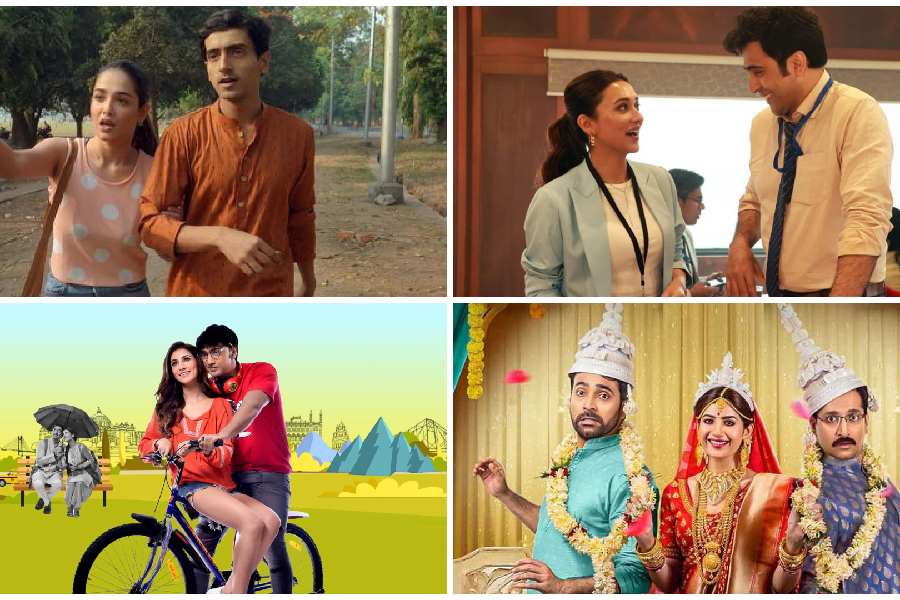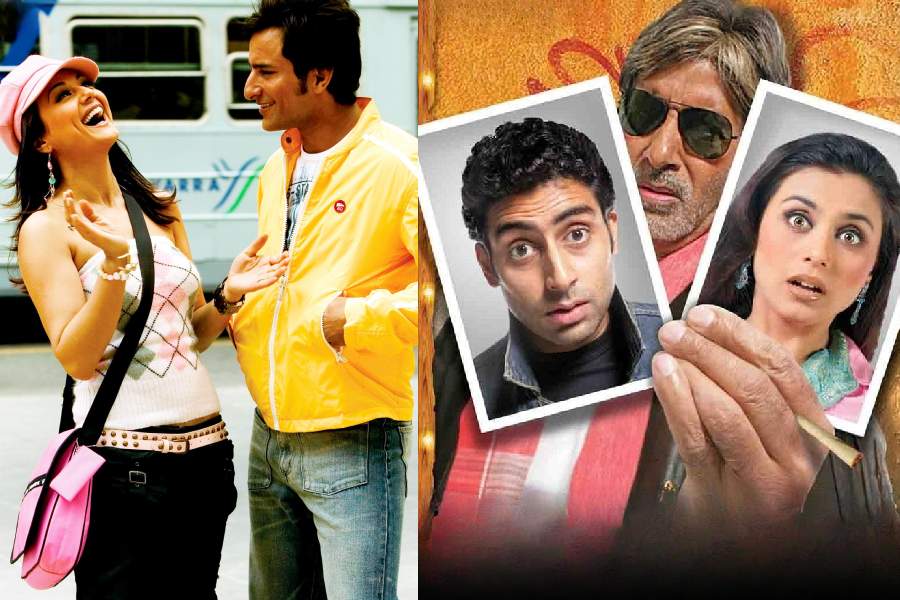 Sunday, 02 February 2025
Sunday, 02 February 2025
 Sunday, 02 February 2025
Sunday, 02 February 2025
Prime Minister Narendra Modi met German Chancellor Olaf Scholz at the 18th Asia-Pacific Conference of German Business 2024 to strengthen bilateral ties between the two countries at a time New Delhi is embroiled in a diplomatic tussle with Canada.
Ottawa recently expelled six Indian diplomats, having linked them to the murder of a Sikh separatist leader Hardeep Singh Nijjar on Canadian territory. Later, Canadian Prime Minister Justin Trudeau wrote on X: “We're going to have fewer temporary foreign workers in Canada. We're bringing in stricter rules for companies to prove why they can’t hire Canadian workers first."
Almost on cue, Modi highlighted – after meeting with Scholz in New Delhi – on Friday that Germany would increase its visas for skilled Indian workers. Here are a few key takeaways from the Modi-Scholz meeting.
Germany decides to increase visas for Indian workers
While skilled Indian workers were welcome to Germany, Chancellor Olaf Scholz announced that Germany was “reducing irregular migration”.
He said: “The message is that Germany is open for skilled workers but then we can decide who comes.”
He underlined that the number of Indians working in Germany grew by 23,000 in 2023.
Prime Minister Narendra Modi has said that Germany has decided to increase visas for skilled Indian workers from 20,000 to 90,000.
"This is the right time to join India's growth story...India becoming a global trade and manufacturing hub," Modi added.
The militaries of Germany and India are to be brought ‘closer together’
With India, the Chancellor said, "we want to deepen our cooperation in defence and agree to bring our militaries closer together".
"For us, de-risking means diversification and this diversification is happening. Look at how India and German business has developed in recent years," Scholz added, recalling increasing cooperation between the two countries in areas like aviation, railways and automobiles.
Strategic partnership between India and Germany in times of ‘conflict’
Modi said that while the world was passing through “times of tensions,” a strategic partnership between India and Germany could emerge as a strong anchor.
He said: “In the Indo-Pacific region, there are serious concerns about the rule of law and freedom of navigation. In times like this, the strategic partnership between India and Germany has emerged as a strong anchor.”
"In the last IGC in Berlin in 2022, we took important decisions for our bilateral cooperation. In two years, there has been encouraging progress in various sectors of our strategic relations. There has been increasing cooperation in areas such as defence, technology, energy, green and sustainable development that have become symbols of mutual trust," Modi added.







